"Where's your end of the road?"
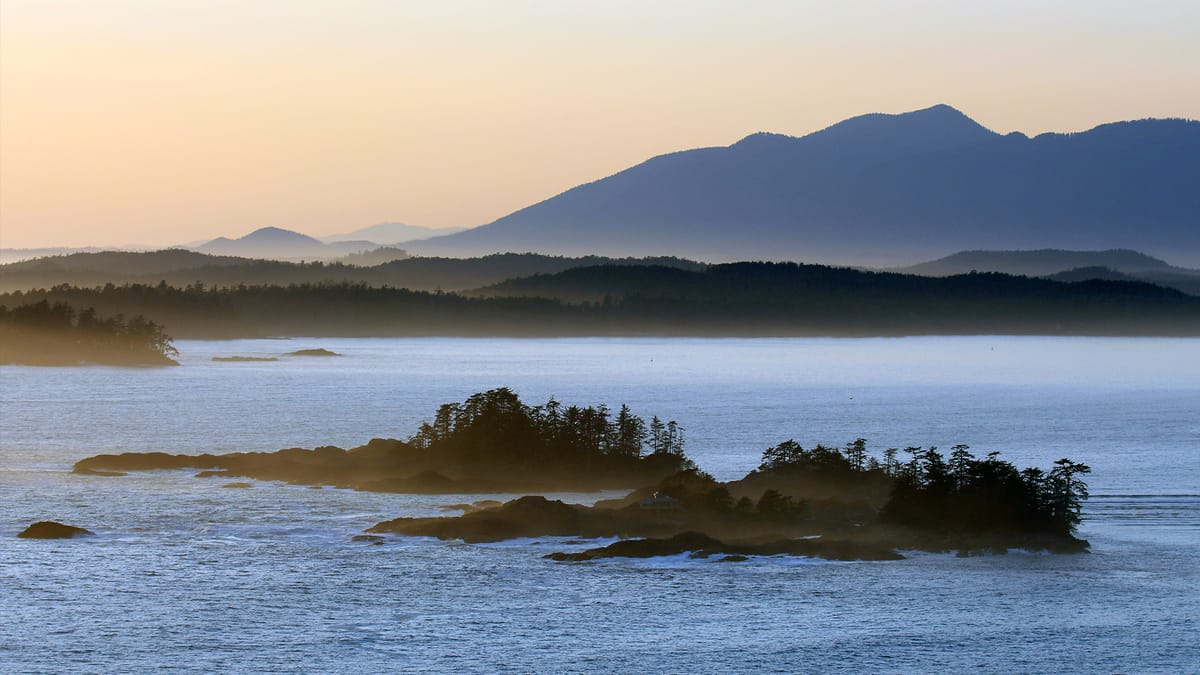
“Why would you want to do that?”
“What’s wrong with where you live now?”
“You’ll be back, it’s better here.”
Or very occasionally, “I wish I had the guts to do what you’re doing.”
In 2014, my girlfriend and I gave up our career jobs, and decided to move to BC, Canada. We worked the winter as snowboard instructors at Fernie Alpine Resort. Building knowledge, developing friendships, but it felt more like a stop-gap. It just wasn’t home. To find “home” I’d need to reach the end of the road.
I was a teacher in the UK. Leaving a school and explaining to students where you were going would always lead to the same questions. The same confusion as to why you would ever dream of leaving the place they have grown up. Colleagues understood. The opportunity to remove ourselves from the daily grind, the grumble of engines and the grey of a concrete jungle, and place ourselves in the heart of lush rainforest and Pacific swell was too good to turn down.
After Fernie, we visited Tofino, BC. The intention was to find a job, and if we liked it – the “if” seems ridiculous at this point – we’d stay for the summer. Tofino, as all great places should, requires you to want to go there in order to get there. It’s as far West as Highway 4 goes on Vancouver Island. Situated in remote coastal temperate rainforest, it is, quite literally, the end of the road. No one passes through. No one is here just to get to the next town. This is it, and it is home.
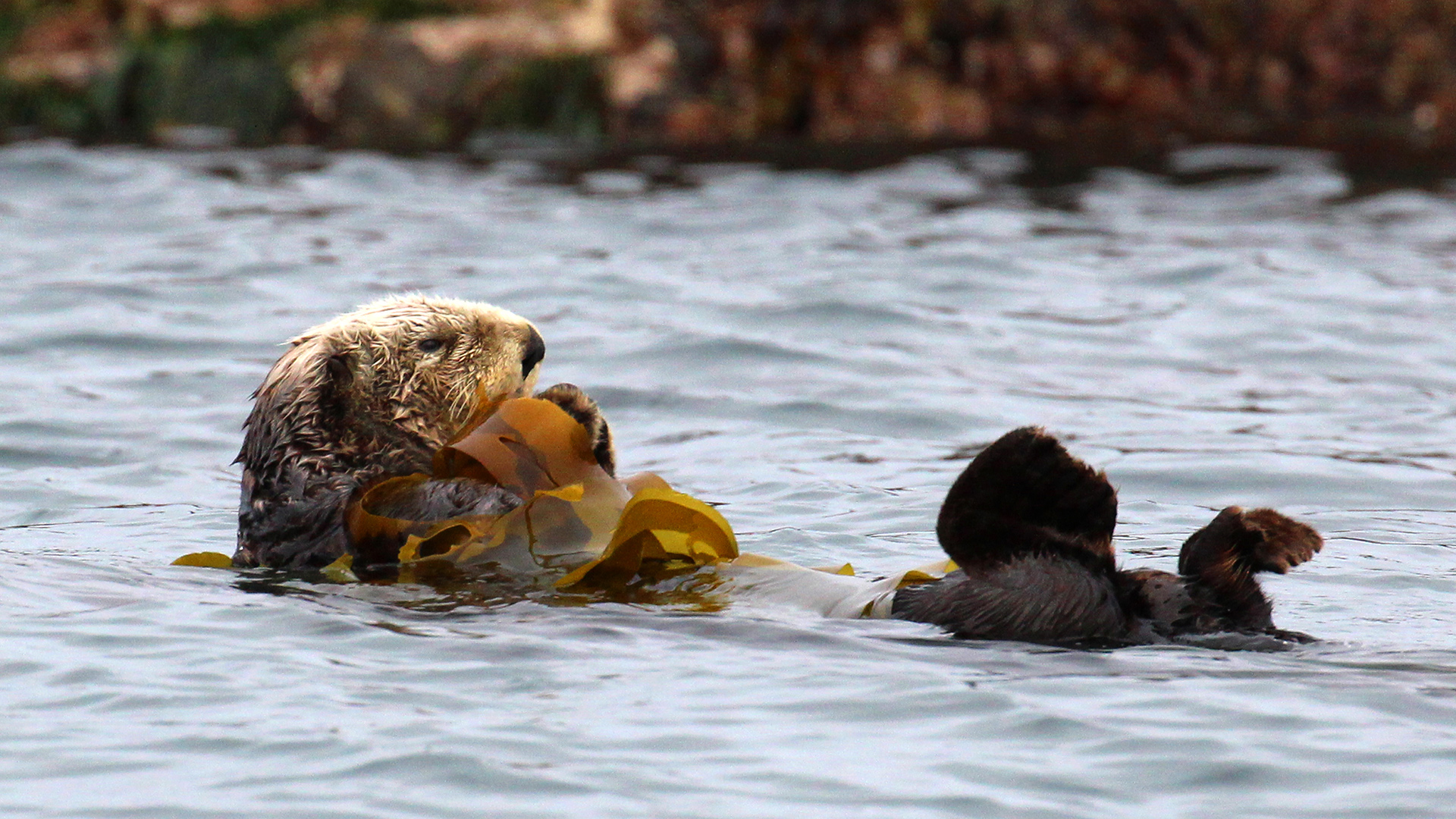
The appeal of Tofino is obvious after a quick internet search. Sprawling beaches, ancient rainforest, calm inlet waters, rolling Pacific swells. Kayaking, surfing, paddle boarding and hiking make up much of Tofino “to do” lists. That’s before you get to experience First Nation canoe tours or visit Hot Springs Cove. Everyone who visits Tofino does so for a purpose. No one accidentally stumbles across this place. Whether it’s to surf Canada’s most popular breaks, or paddle to the Big Tree Trail, people arrive with a goal. For me, that goal was wildlife.
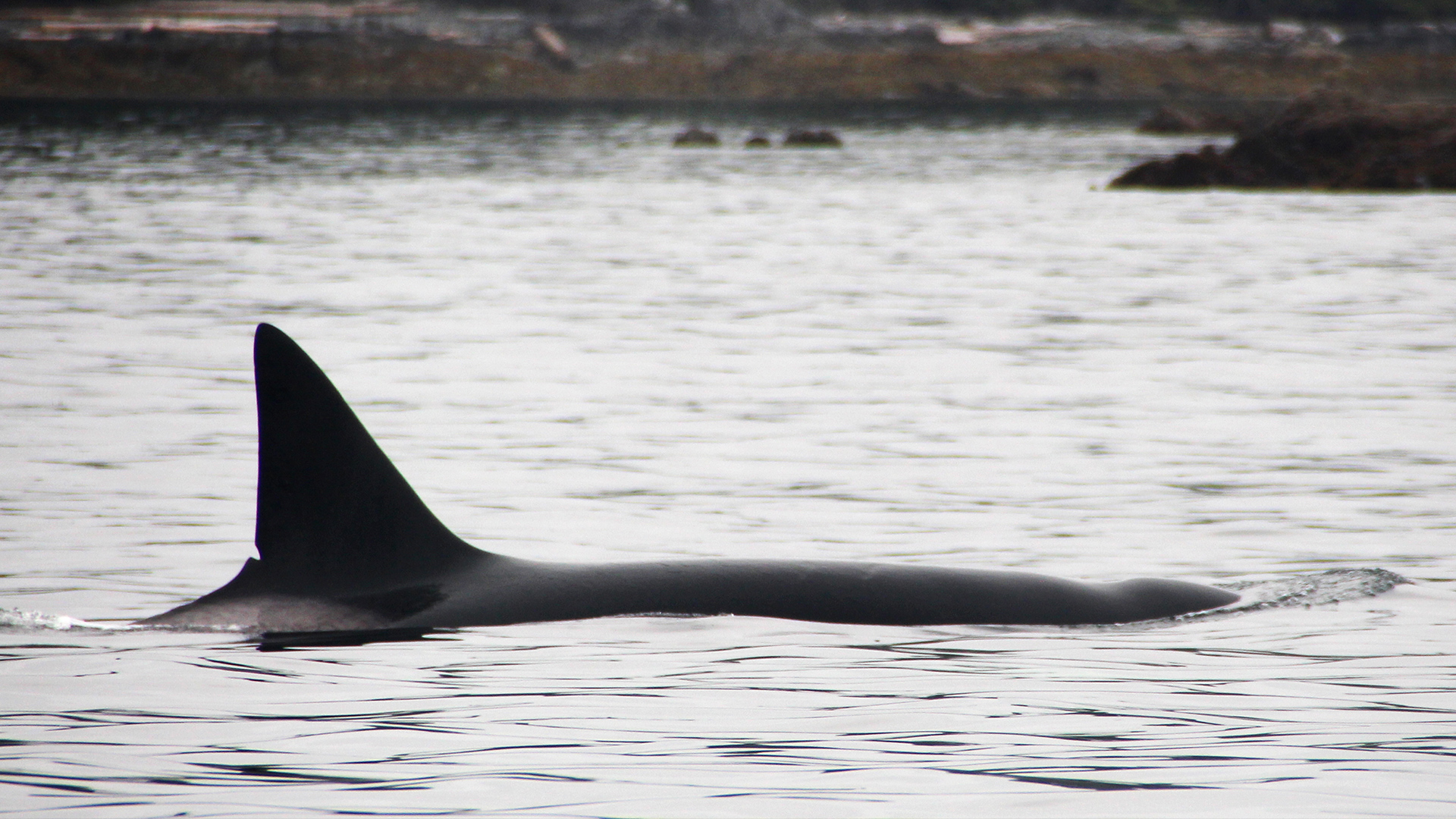
Being born in the UK, it can be a frustrating existence having an interest in wildlife. Most of it fearful, much of it small, the UK has pockets of incredible wildlife; Tofino allows me to access some of the most interesting wildlife in the world, right on my doorstep. I work on the water as a wildlife guide. My daily grind includes harbour seals, sea lions, and sea otters. Grey whales or black bears the focal point of most tours. Occasionally humpback whales or coastal wolves will grace us with their presence. I spend my days off heading back onto the water, worried I’ll miss something. I watch eaglets grow and eventually fledge. I’ve seen bear cubs wrestle with their moms. Had curious grey whale calves spyhop and check us out.
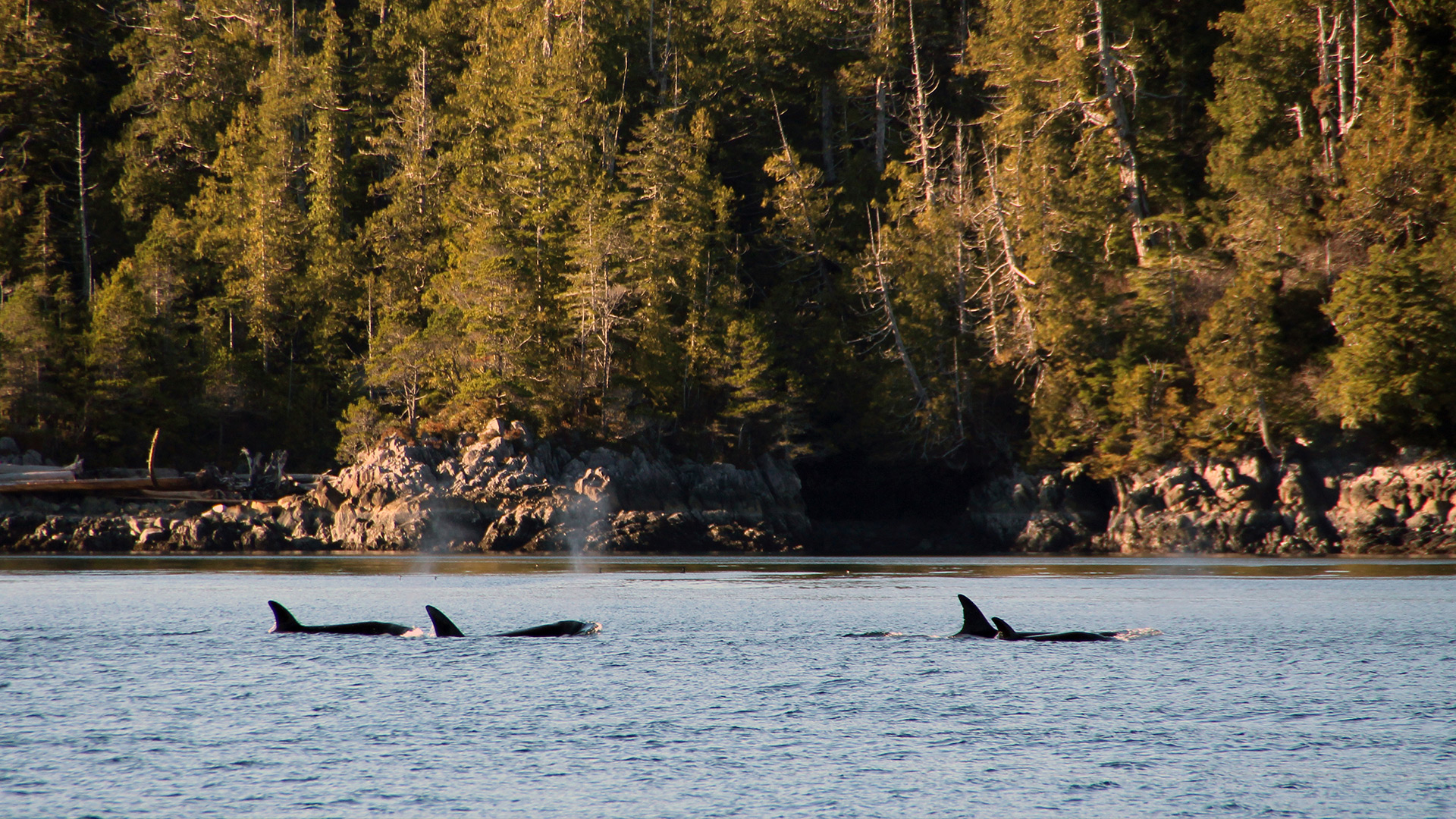
My most memorable moments have been with Killer Whales. Bigg’s Killer Whales spend over 80 days a year in the area. Mammal-eating Killer Whales, that I have now come to recognise by sight. I’ve seen hunts, watched new-borns socialise, heard them vocalise.
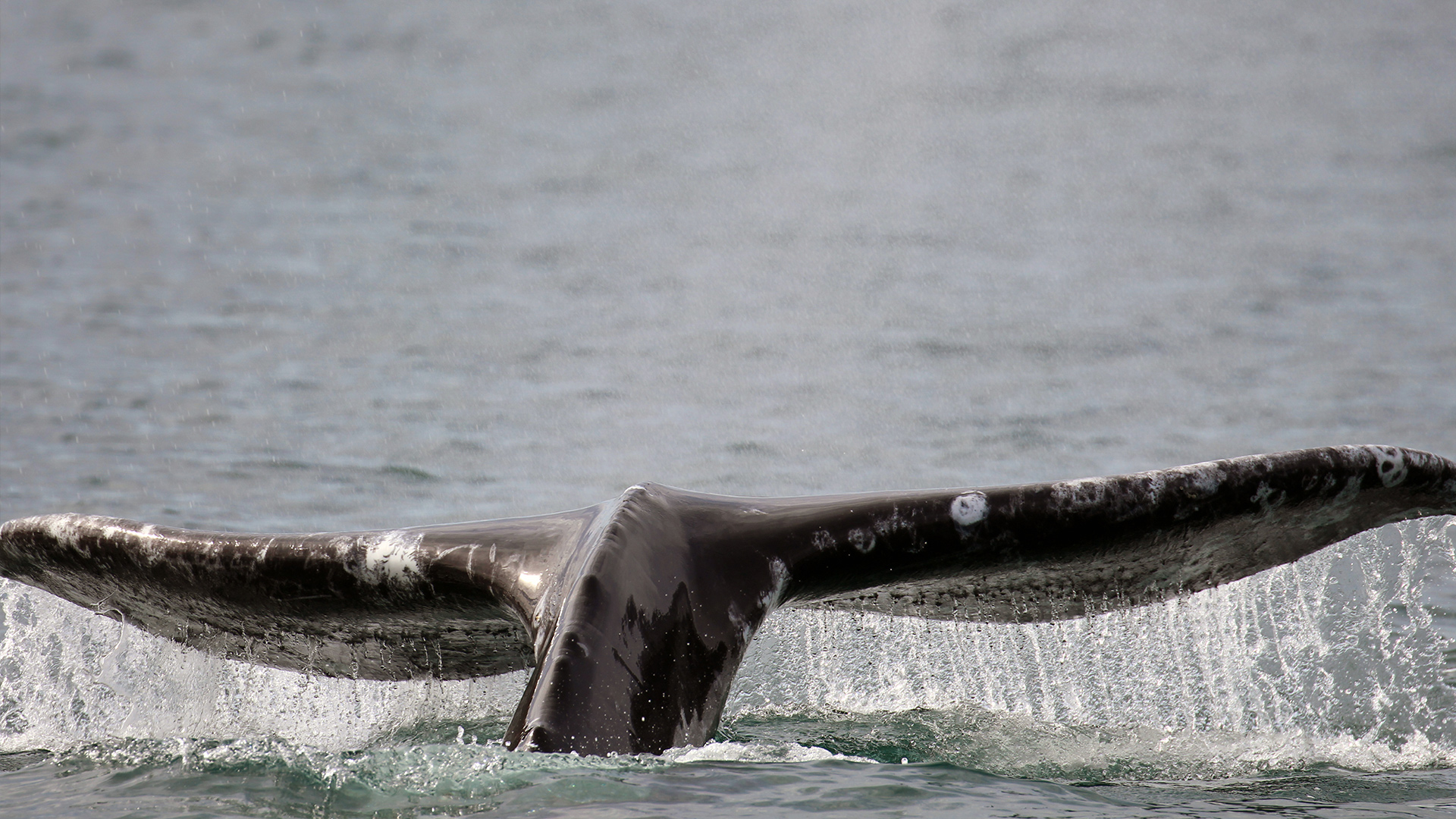
A boy who grew up in a small mining town in the UK, is now a man who watches Killer Whales so often he can tell them apart.
To answer the question, “What’s wrong with where you live now?”, the answer is probably, “nothing”. But is it where you want to end up, or are you just passing through?
Where’s your end of the road?
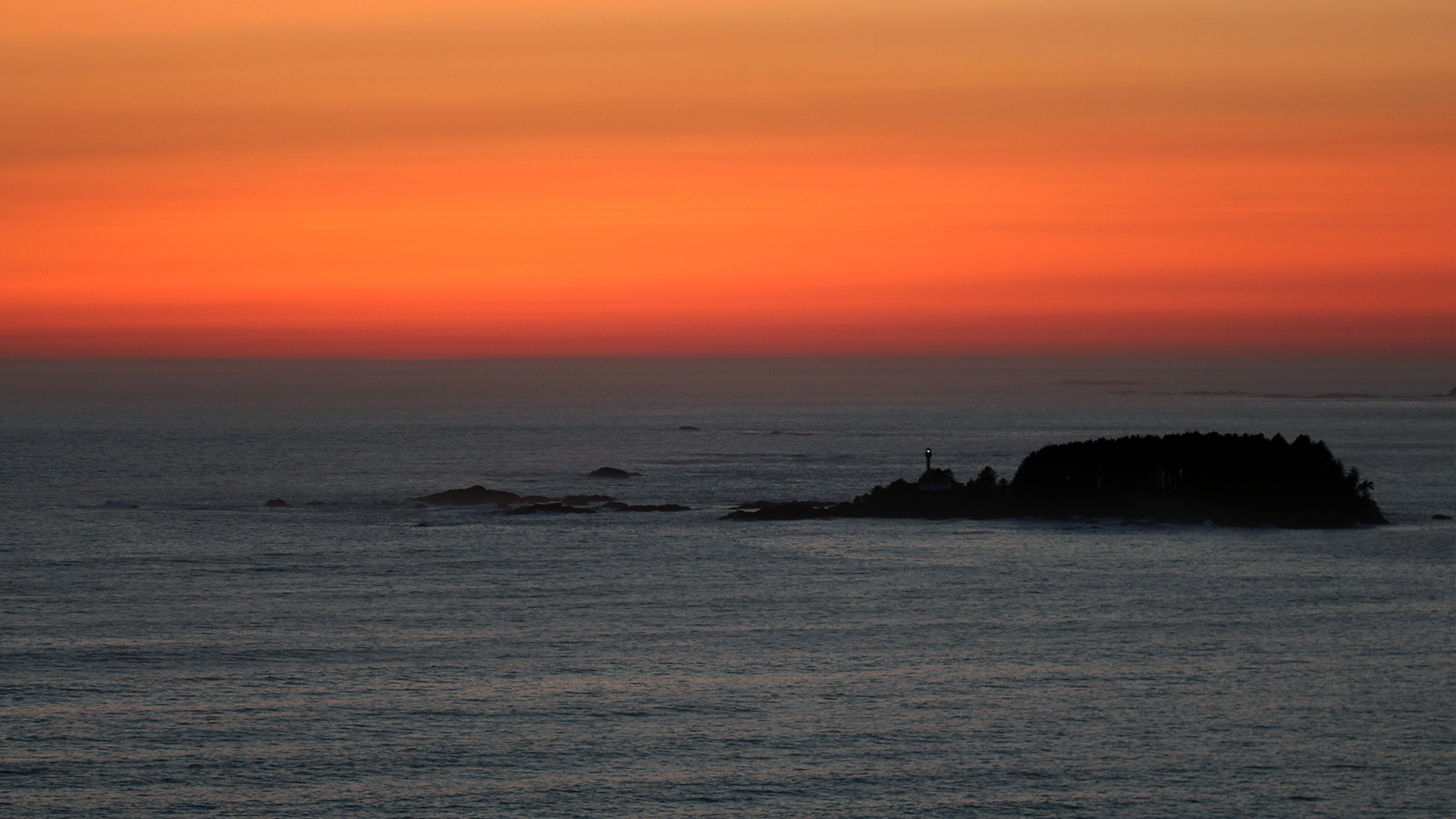
Mark Sawyer is a British expat, and wildlife viewing guide for Jamies Whale Watching Station in Tofino. You can find more of his photography here.
If you're interested in finding the end to your road, check outdoorvoyage.com


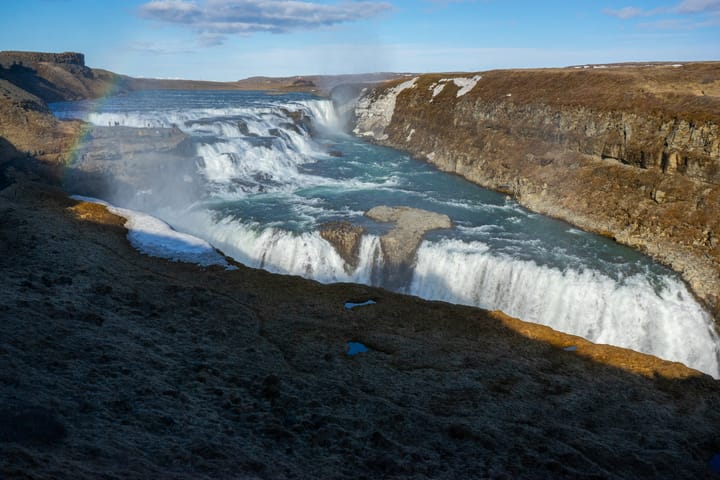
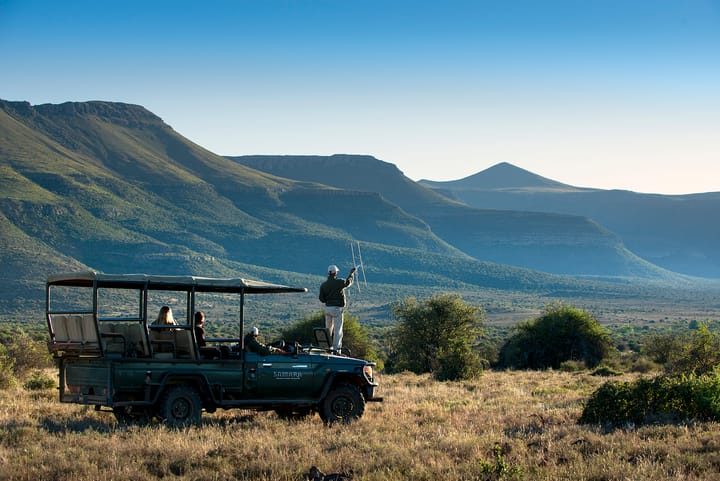
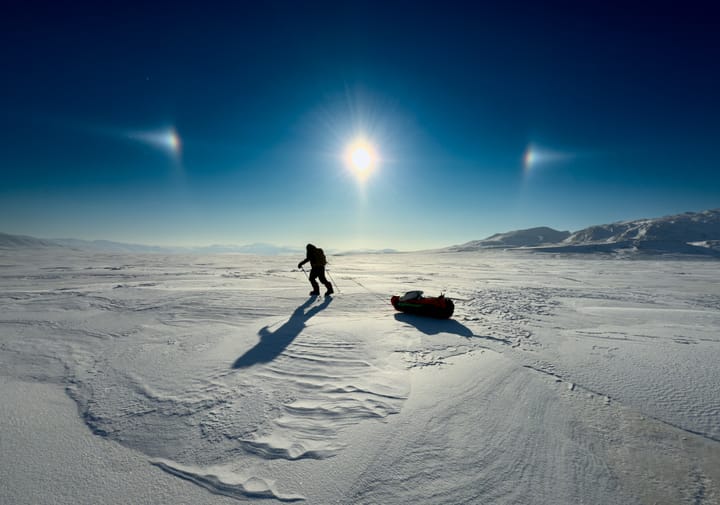
Comments ()